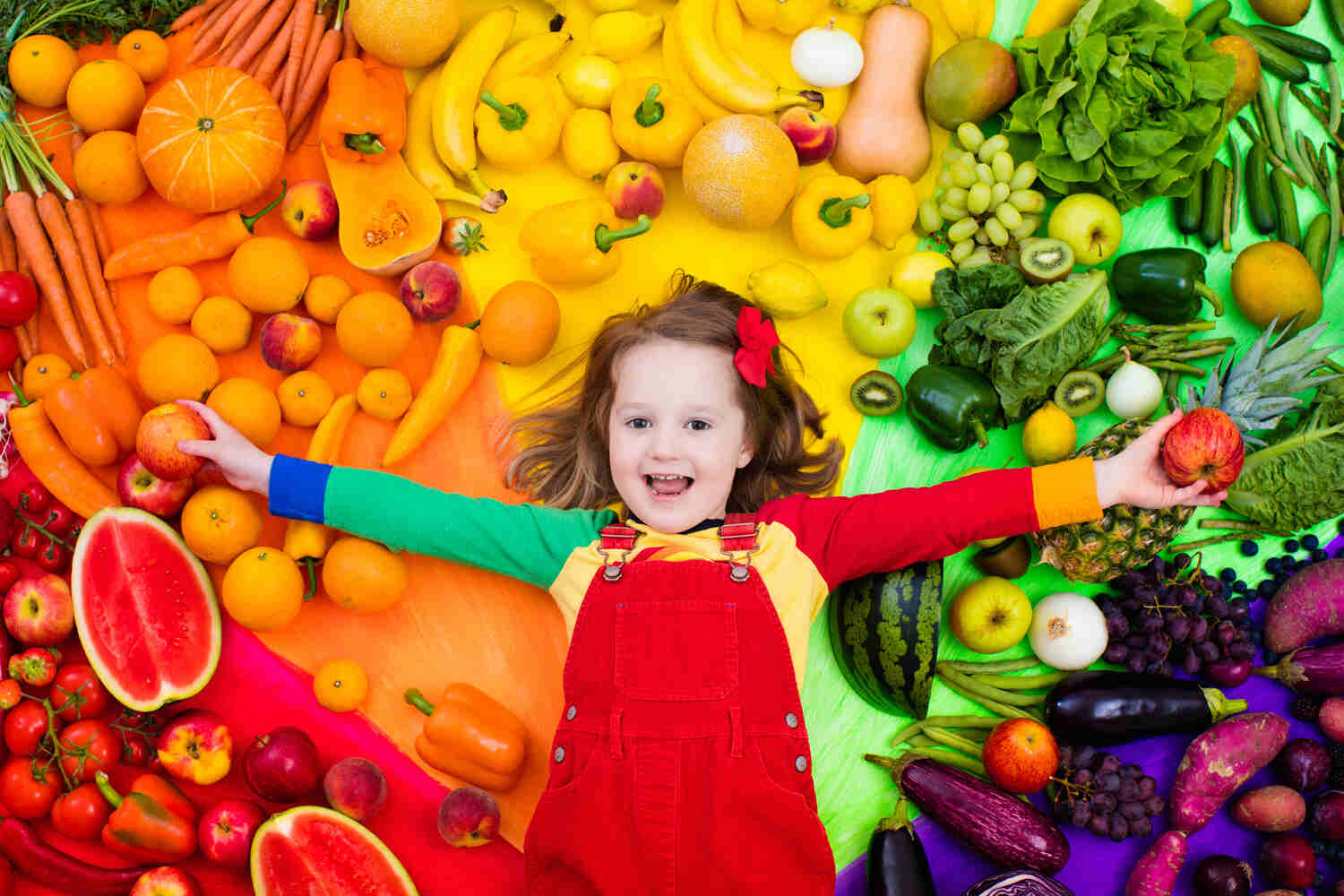
Being vegetarian as a lifestyle choice is becoming popular nowadays. There are possible reasons to adopt vegetarianism- health, social, religious or maybe environmental reasons. A well-balanced vegetarian diet provides all the essential nutrients needed for growing toddlers. Since toddlers are picky eaters, parents often wonder if they will remain strong and healthy when following a vegetarian diet.
A daunting question that most parents come across is whether a vegetarian diet will be able to provide all nutrients, what guidelines need to be taken care of, and much more.. Let’s understand the benefits of a vegetarian diet for your toddler more in-depth.
In This Article
- What is a Vegetarian Diet?
- Can Toddlers Have a Vegetarian Diet?
- Are There Any Risks of a Vegetarian Diet For Toddlers?
- What Are Some of The Challenges of a Vegetarian Diet?
- Nutrients to Pay Attention to in a Vegetarian Diet
- Will my Toddler Need Any Supplements?
- How Can I Help my Toddler Get The Right Nutrition?
- What Are Some Food Suggestions For Vegan Toddlers?
- Should You Seek Help From a Dietician?
- FAQ’s
What is a Vegetarian Diet?
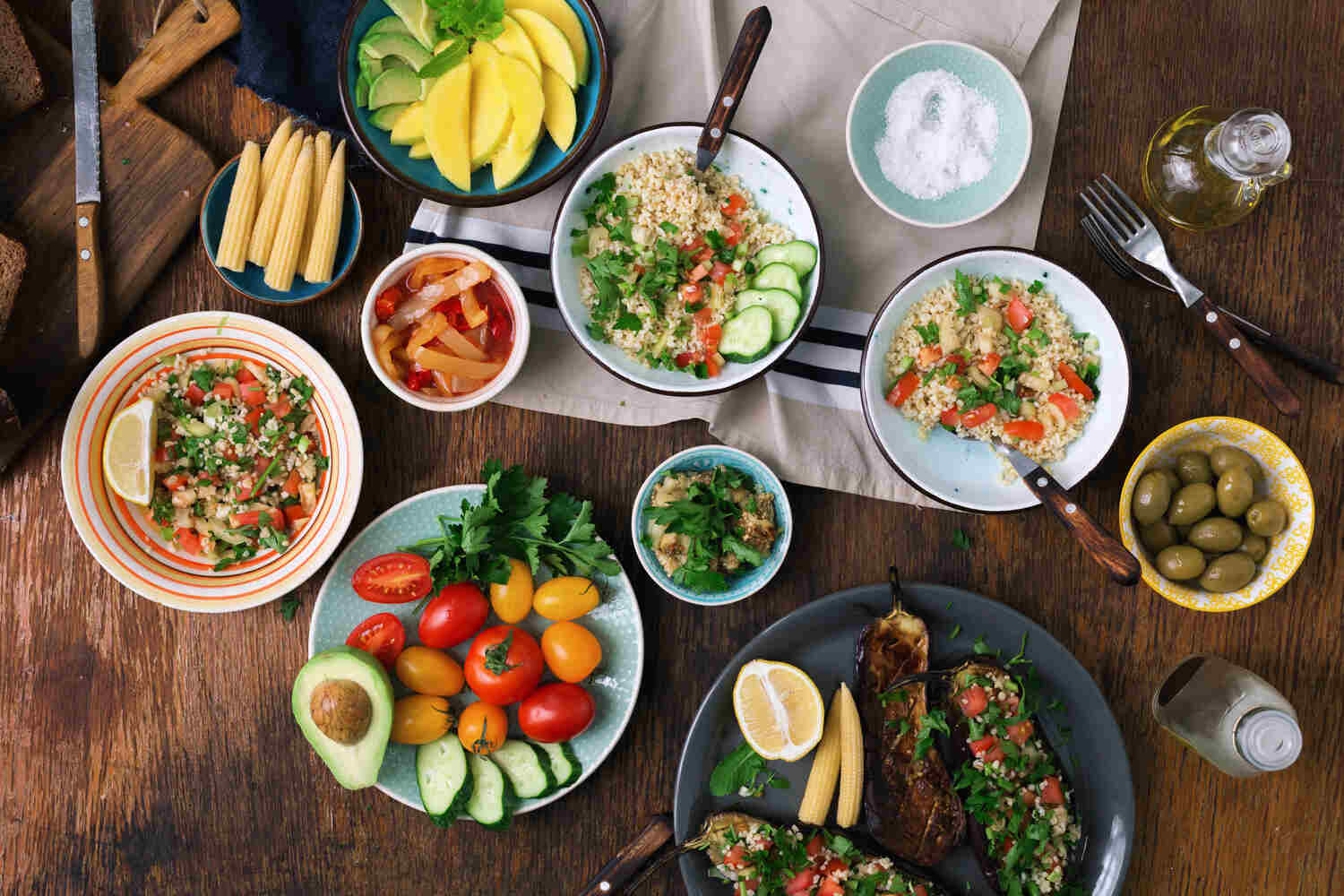
Vegetarians are those who mainly consume plant-based foods such as fruits, vegetables, nuts, grains, legumes, and oilseeds. There are many variations of vegetarian- Lacto-ovo vegetarian, ovo-vegetarian, and vegan. Lacto-ovo are the ones who consume milk and eggs apart from plant-based foods. Ovo-vegetarians consume only eggs apart from plant sources. Vegans restrict dairy and meat products completely (1).
Can Toddlers Have a Vegetarian Diet?
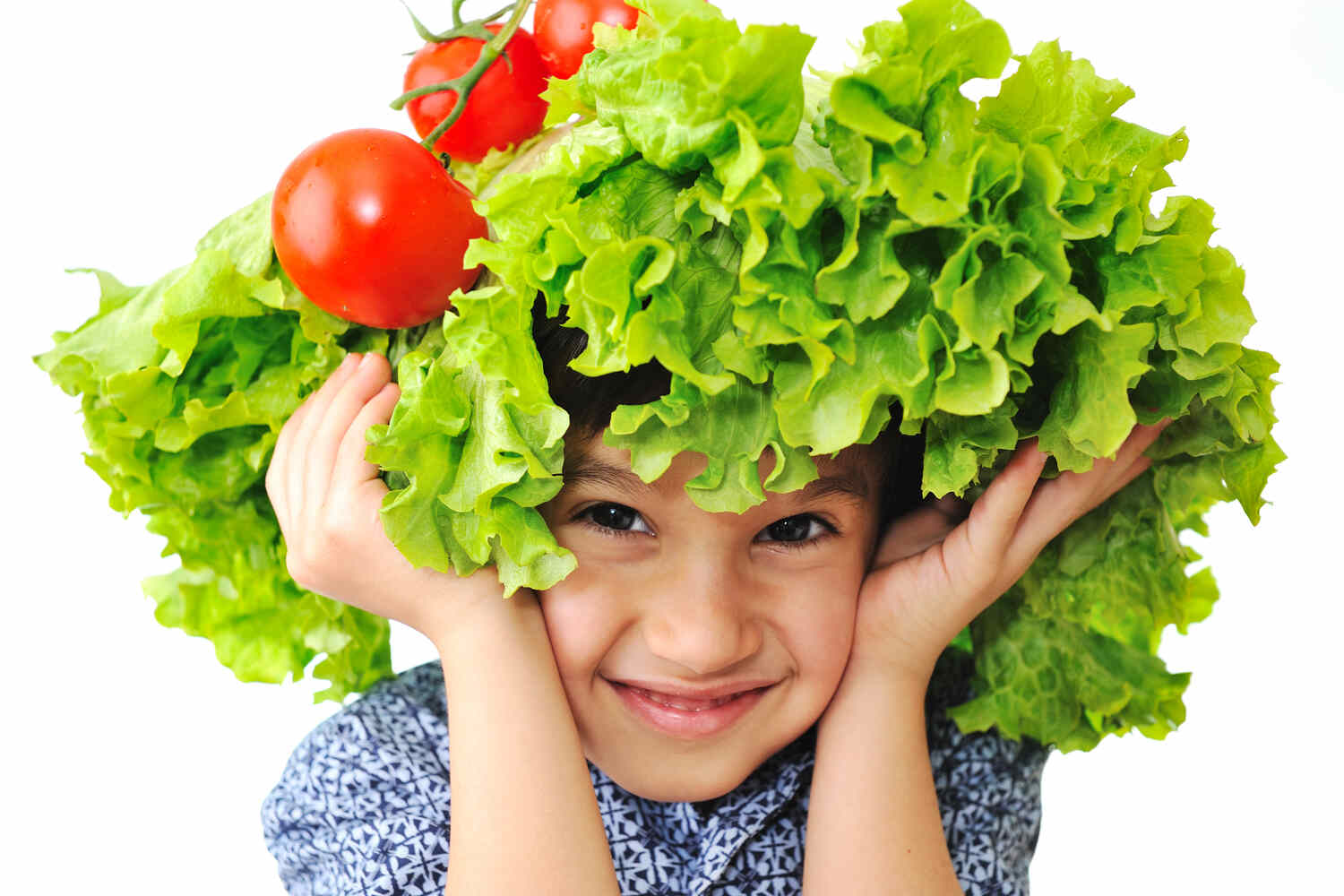
Toddlers can adopt a vegetarian diet if they are optimally balanced with all food groups to meet their nutritional needs. Being typical curious and picky eaters, toddlers need a variety of foods that are healthy and palatable to ensure their energy and growth requirements. A diet well balanced with all essential nutrients is important for promoting health along with growth and development.
Parents following the vegetarian diet pattern are more likely to offer their toddlers similar plant-based foods. Nevertheless, the preparation of food should be interesting to serve, and easier to eat, chew, and digest. Regardless of the food choices made by parents, it is important to make sure that the food provided to these toddlers is wholesome and nutritious (2).
Are There Any Risks of a Vegetarian Diet For Toddlers?

One of the potential drawbacks of a vegetarian diet for toddlers is the risk of nutritional deficiencies. Animal sources like fish, eggs, or chicken provide high-quality protein, iron, vitamin D, calcium, vitamin B12, and zinc. On the other hand, plant-based sources are high in dietary fiber that satisfies the stomach by giving a sense of fullness. Toddlers might be deprived of the above-mentioned nutrients if not substituted with good choices. Hence, parents along with health experts need to observe the adequacy of these nutrients in vegetarian diets (3).
Nutritional satisfaction through vegetarian diets for toddlers is quite challenging specifically for vitamin B12, iron, and protein from plant sources. Heme present in plant-based foods is difficult to absorb in toddlers’ tiny stomachs. Hence, under expert guidance, if required, toddlers are recommended for fortified foods or even supplements (4).
What Are Some of The Challenges of a Vegetarian Diet?

When it comes to dining out with toddlers or keeping them in daycare centers, the selection of foods is a matter of concern. There are many restaurants and cafeterias where vegetarian options are available but they are limited in count. At the same time, finding and incorporating meatless options is quite challenging.
In such cases, parents should plan ahead for this. Like, if a toddler is attending a daycare center, they may communicate with the staff about the vegetarian options available and also with the cooks who will be preparing food. If this doesn’t work, then parents should provide meals from home. A similar solution goes when toddlers are going out with their parents.
Nutrients to Pay Attention to in a Vegetarian Diet
This depends on the diet followed in families. Nutrients such as protein, zinc, iron, and vitamin B12 are difficult to receive from plant sources due to the presence of anti-nutritional factors such as tannins and phytates (5). Always consult an expert like a pediatrician or registered dietitian to make it more appropriate for fulfilling the nutritional demands of toddlers.
| Nutrients | Functions | Sources |
| Protein | Supports growth and development throughout Helps to develop RBC cells and muscles in healthy way |
Milk and dairy products, fortified soy beverage, soy products (e.g., tofu), beans, lentils, seeds, nuts, whole grains (e.g., quinoa or amaranth or buckwheat) |
| Iron and Vitamin B12 | Builds hemoglobin Carries oxygen from the lungs to different parts of the body |
Beans like rajma and j0bia, whole dals, seeds, soy, dried fruit, leafy green vegetables, whole grain or fortified cereals |
| Calcium and Vitamin D | Builds strong bones and teeth Helps muscles to contract and relax optimally |
Milk, dairy products, calcium and vitamin D-fortified plant-based beverages, fortified orange juice, tofu, dark green leafy vegetables, almonds |
| Zinc | Needed for growth and immune system | Beans such as rajma, lobia lentils, nuts, seeds, whole grains, cow’s milk, cheddar cheese, curd |
| Omega-3 Fatty Acids | Develops and improves heart health | Walnuts, chia seeds |
Will my Toddler Need Any Supplements?
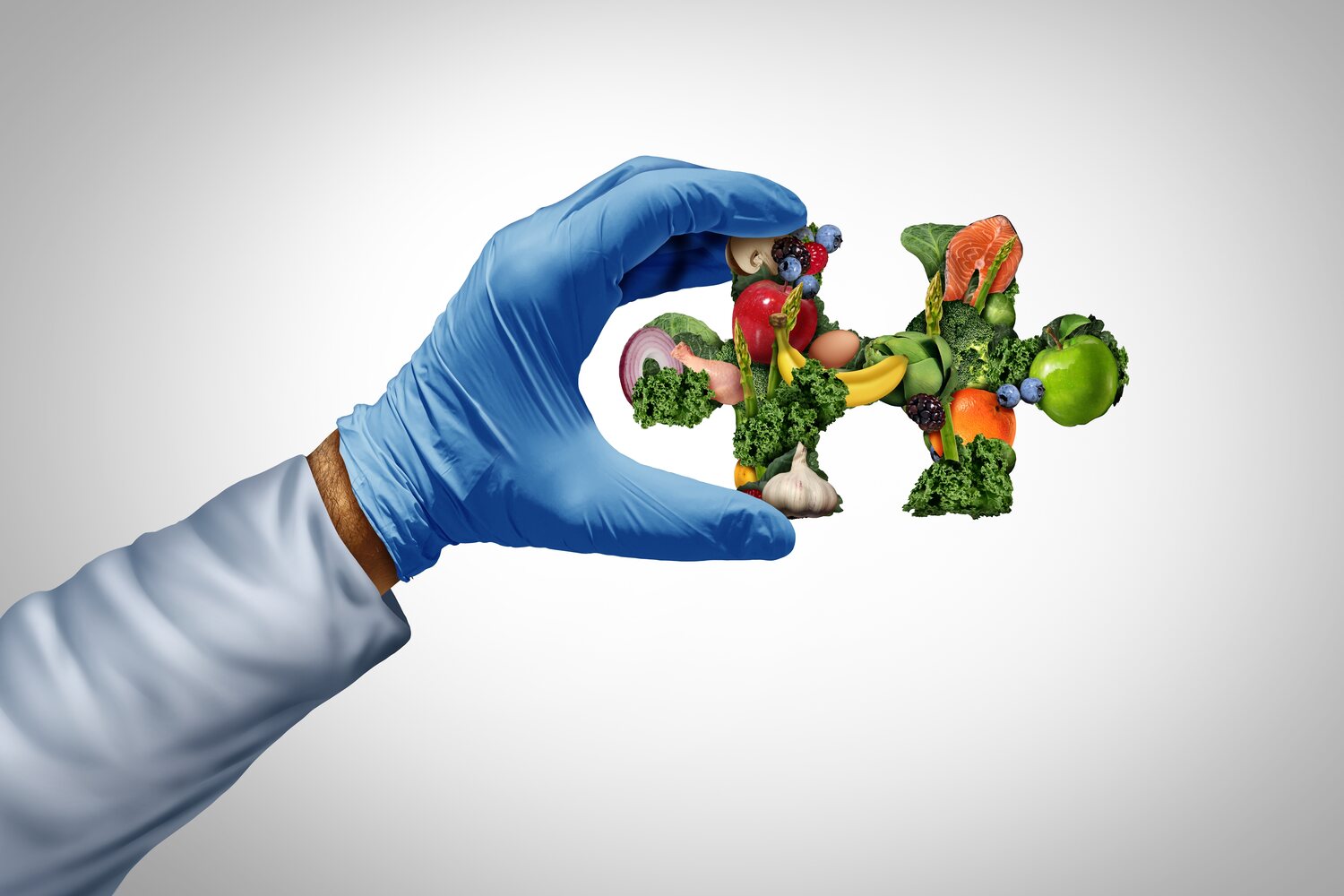
Parents and caregivers face challenges in providing a variety of foods, especially within vegetarian limitations. Some vegetarian families also include eggs or fish and may not require supplements additionally for toddlers. But for strict vegetarian or vegan ones, sources such as whole grains, millet, and legumes are good for growing toddlers. Also, include fruits and vegetables in different ways to meet fiber and vitamin requirements. Do consult a dietitian or pediatrician to include a supplement if needed.
How Can I Help my Toddler Get The Right Nutrition?
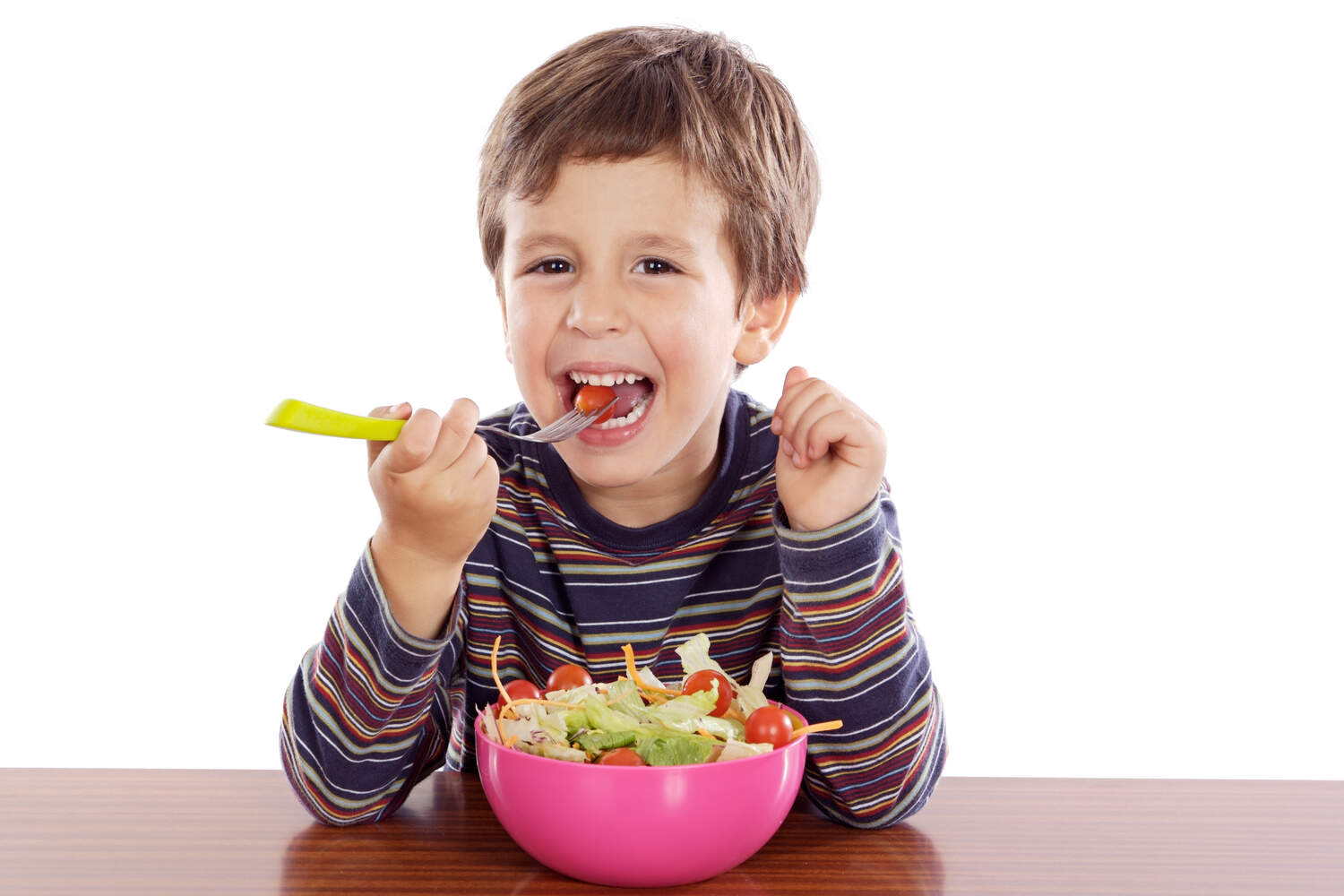
Toddlers at times become reluctant if the food displayed in front is not presented or tastes well. At the same time, they prefer food in small amounts throughout the day or constantly demand a particular food repeatedly. This brings an interesting challenge for parents and caregivers to ensure that toddlers are not deprived of nutrition and enjoy the food to the fullest.
To do this, one may offer foods in different forms, for example, incorporating chickpeas or peanuts into spreads like hummus or adding vegetables like bottle gourd, parwal (pointed gourd) into delicious soups. Additionally, providing healthful options like curd mixed with vegetables e.g., raita or smoothies made from curd and fruits like banana may also aid in boosting nutritional and immune requirements.
There are helpful tips to overcome toddlers’ (and parental) feeding problems. Like, one should never force the toddler to eat but be prepared to offer a healthy snack in a few hours. Toddlers prefer to see and touch food many times before trying. Parents should offer a variety of colorful and healthy foods to eat. Also, parents can be good role models by enjoying eating vegetables and fruits themselves (6).
What Are Some Food Suggestions For Vegan Toddlers?
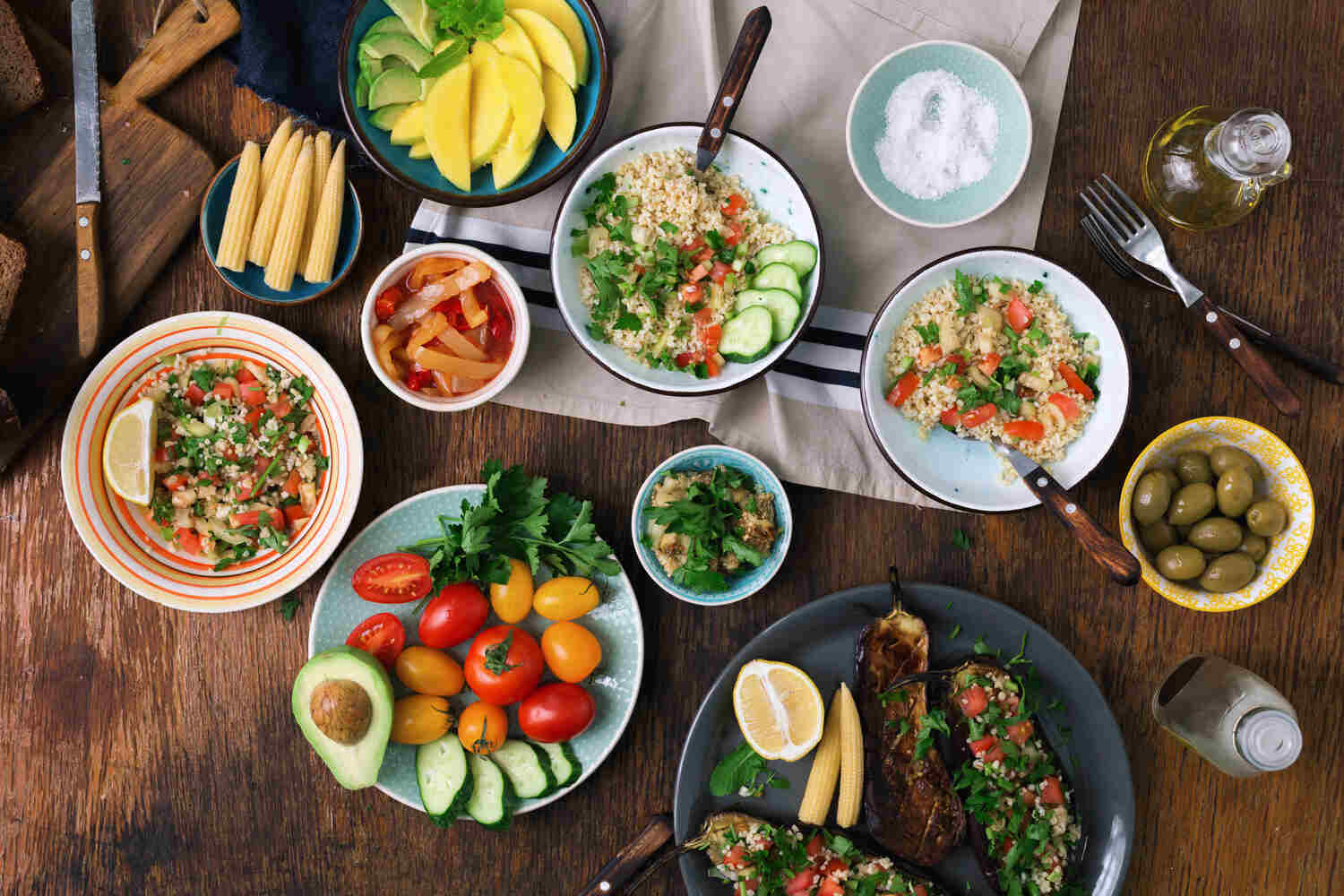
Toddlers are particular about what to eat and in what way. One moment they want to have something and at the same time they refuse to eat. They prefer varieties of food presented in different ways and this challenges caregivers with what to include to win in both ways. Here are some food suggestions for vegan toddlers-
- Tofu or Soy Milk
- Nuts spreads like peanut butter which can be easily spread on breads and toasts
- Upma, poha with vegetables which fill the stomach and start their day with positivity
- Idli, chillas (made from dal), parathas made with vegetables can be great options
- Breakfast wholegrain cereals fortified with iron and vitamin D, oats, ragi, and broken wheat daliya made with vegetables can be given
Nowadays meat alternatives made with plant proteins are also available. Parents and caregivers should read the labels carefully to check the percentage of salt and saturated fat in them.
Should You Seek Help From a Dietician?
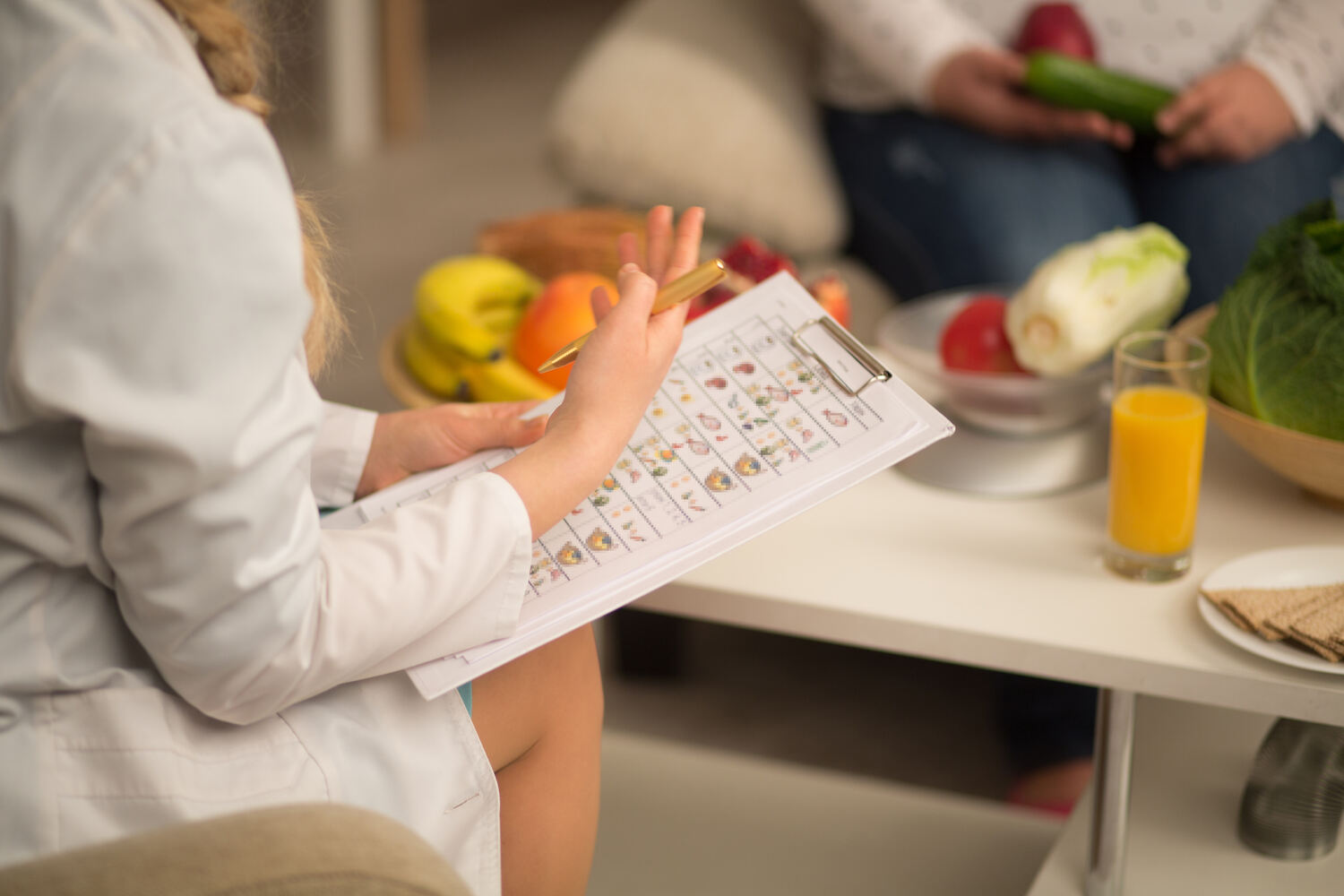
It is always better to consult a dietitian. A dietitian will help parents and caregivers to ensure the diet is well-balanced in all aspects so that it is helpful and healthful. For ones who have sensitivities or intolerances to food, a dietitian will help and make parents understand how, what, and when to include.
A well-balanced vegetarian diet, if maintained, will adequately meet the nutritional requirements of toddlers. However, it is crucial to ensure sufficient nutrient intake by observing growth. Special attention should be on consuming certain nutrients. In situations where families follow strict vegetarian diets and toddlers are also seen consuming the same, supplementation may be necessary and they can consult health experts.
FAQ’s
1. How do You Raise a Healthy Vegetarian Kid?
A vegetarian diet, if balanced well, is capable of providing the nutritional needs of children. It ought to provide a diverse range of foods such as fruits and vegetables, whole grains, legumes like beans, soy, and lentils, nuts, and seeds. However, it is important to monitor growth along with appropriate caloric intake.
2. What is The Best Protein For Vegetarian Toddlers?
Milk and milk products are the best protein sources for vegetarian toddlers as they are of high biological value. Apart from this, plant-based sources such as soy, beans, lentils, peas, nuts, seeds, and whole grains like amaranth and quinoa also serve good-quality protein for vegetarian toddlers.
3. Do Vegetarian Kids Get Enough Protein?
There is a belief that a vegetarian diet lacks protein and parents are concerned about it. However, this concern can be resolved if the diet is well-planned and balanced with all nutrients, specifically protein. Sources such as dals, oats, millets, all types of beans and legumes, nuts and seeds do provide amino acids essential for them.
4. Do Vegetarian Kids Grow Less?
Kids on vegetarian and vegan diets have similar growth and biochemical parameters compared to ones consuming meat if planned well. Parents and caregivers should be careful while planning meal patterns ensuring optimum intake of all nutrients, especially protein and calcium.
5. What Are The Nutritional Risks For Vegetarian Children?
Children following vegetarian diets are at potent risk of developing nutrient deficiencies such as B12, calcium, iron, zinc, and also vitamin D. If not well executed and monitored, it can impact dietary patterns and the likelihood of diseases in later phases. Undernourishment is one such indicator commonly seen.
6. What Are Three Disadvantages About Being a Vegetarian?
There would be certain disadvantages to being a vegetarian if not followed appropriately. The most commonly seen is limited food choices leaving them deprived of nutrients such as vitamin B12, folate, zinc, and calcium or even good quality of protein which are seen mostly in animal foods. It would also bring social challenges in children especially when having meals with non-vegetarian ones.
7. Are Intelligent Children More Likely to Become Vegetarian?
There is as such no discernible difference in IQ scores between vegetarian and non-vegetarian children. A vegetarian diet is linked with a reduced risk of obesity, dyslipidemia, and other non-communicable diseases. Children are more inclined to adopt vegetarianism for better education and occupational social class.
References
- Meeting nutritional needs on a vegetarian diet – [https://www.researchgate.net/publication/38071201]
- The Youngest Vegetarians: Vegetarian Infants and Toddlers – [https://journals.sagepub.com/doi/full/10.1177/1941406411428962]
- Risks and benefits of vegan and vegetarian diets in children – [https://www.cambridge.org/core/journals/proceedings-of-the-nutrition-society/article/risks-and-benefits-of-vegan-and-vegetarian-diets-in-children/]
- Nutrition concerns and health effects of vegetarian diets – [https://pubmed.ncbi.nlm.nih.gov/21139125/]
- Vegetarian diets and children – [https://www.sciencedirect.com/science/article/abs/pii/S000291652319589X]
- Planning Well-Balanced Vegetarian Diets in Infants, Children, and Adolescents: The VegPlate Junior – [https://www.researchgate.net/publication/327353075]
